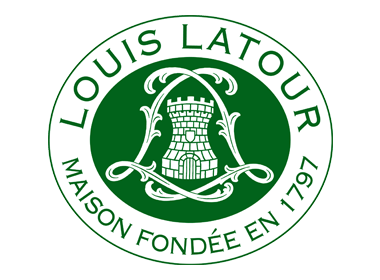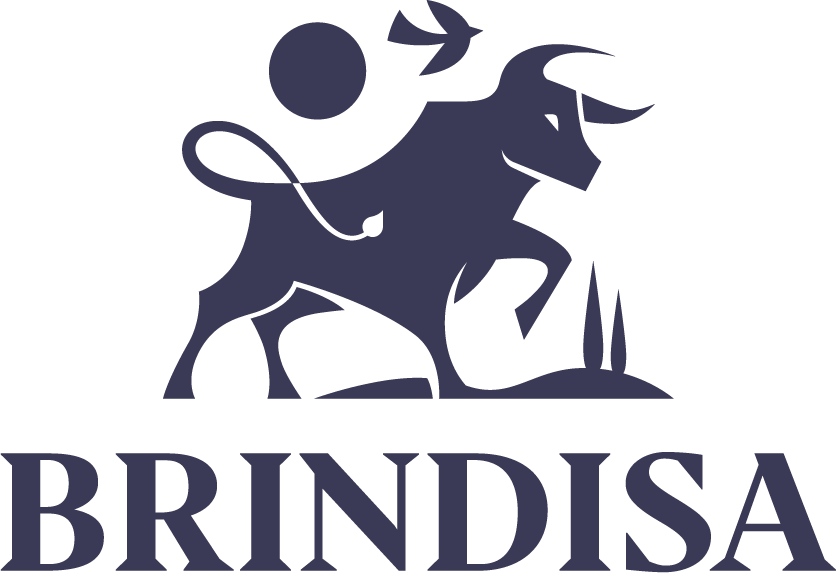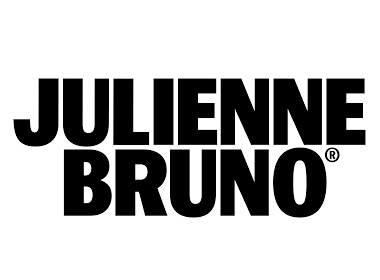
Tickets to the 2025 Le Cordon Bleu Summer Festival include access to the Salon Gourmet Tasting Area. This area will feature various samples throughout the day.
Expect Wine & Champagne tastings from Louis Latour, plant-based 'cheeses' from Julienne Bruno and the finest Spanish produce from Brindisa. The Peruvian Embassy will be there to provide guests with some delicious pisco-based cocktails, plus, there'll be more brands to be announced.

The Latour family have been vinegrowers in Aloxe-Corton, Burgundy since 1768. They founded a négociant business, in order to trade wines, in 1797. The company has been passed through the founding family since its creation and is currently in the hands of the 11th generation. The Latour’s have always blended traditional knowhow with an innovative and pioneering spirit, embracing new techniques and developments, where they can augment their traditional working practices.
Louis Latour owns almost 50 hectares of vineyard in the Côte d’Or, which includes the largest single holding of Grand Cru vineyards in Burgundy. Beyond this, it has vineyards in Beaujolais and the Var and have a significant winemaking project in the Ardèche in partnership with local growers. The most notable of Louis Latour’s wineries is their Cuverie in Aloxe-Corton. The Cuverie was constructed in the 1830s and was France’s first gravity-fed winery. It remains in full working order and is where all the company’s Burgundy Domaine wines are made.
Other notable elements of the Louis Latour business include their in-house cooperage and long-term commitment to environmental sustainability. The cooperage makes around 2000 barrels each year, some for Louis Latour’s own use and the rest for other wineries around the world. Sustainable working practices have been at the centre of Louis Latour’s business since the 1990s, in recognition of the need to protect and sustain the environment in which a business is based. This led to internationally recognised acrditations including ISO 14001 Environmental Management Systems since 2003, in 2010 they were instrumental in the foundation of the Paysage de Corton Association which has seen the villages growers band together to protect and renerate the vineyards and the surrounding flora and fauna. Most recently Louis Latour was awarded High Environmental Value Level 3 accreditation.

Brindisa, the True Taste of Spain. Our name comes from the word 'brindis', to raise one's glass in a toast.
Since 1988 we have celebrated the artisan foods of Spain. We supply some of the finest delis, Michelin-starred restaurants and food halls across the country. We select the very best craft cheeses, charcuterie, cured fish, legumes, olive oil, olives, pickles and more, and bring them to your table.
Brindisa was founded by Monika Linton to share her enjoyment of the varied cultures, landscapes and extraordinary foods of Spain. After living in Spain and working in a Spanish restaurant kitchen, Monika realised that many of the incredible ingredients she had discovered were not available in Britain, and the seed of her idea for Brindisa was planted. Her first pallet of artisan cheese awed the first top London chefs who were adventurous enough to try it, and crystalised to Monika what Brindisa should stand for: foods made with integrity and devotion. We stay true to this founding ethos today, seeking out the best flavours and championing craft growers and makers.
Monika's love of Spanish food culture and her pioneering journey is shared in her book, "Brindisa, The True Food of Spain", which tells the stories of many inspiring food producers and lifelong friends, as well as recipes gathered from over three decades of discovery and dedication to authentic Spanish food.
In the 1990s, Brindisa became a founding member of Borough Market as a retail market, alongside other early retailers. We started off opening our warehouse to the public, progressing to a simple stall and then finally moving to our current space within the Floral Hall building, filled with hanging legs of iberico ham, counters of unique cheeses and shelves of colourful tins, jars and bottles. Today we have a second food shop in the neighbourhood of Bal ham, close to our warehouse and our purpose-built cheese caves, where our specialist cheese team care for artisan Spanish cheeses.
Our sister company, Brindisa Kitchens, co-founded by Monika in 2004, brings Spain to you on a plate, with the warmth of traditional Spanish hospitality, at five London ta pas restaurants and a kitchen bar. Join our Ham School; choose a hamper or gift voucher; or visit our London food shops, restaurants and brindisa.com, to discover the exceptional foods of Spain.

Julienne Bruno is a multi award winning food brand creating original, naturally plant-based products starting with the dairy-free category.
They care deeply about food, taste and quality, and create, develop and produce their naturally plant-based foods in London. Their collection 01 consists of three fermented dairy-free creations: Burrella, Superstraccia, Crematta. Their processes are anchored in creative gastronomy. The kitchen is their workshop and hospitality is their culture.
Julienne Bruno simply want to make plant-based food the most exciting choice, for your eyes to scan the menu for products like theirs and use their ingredients to cook without limits.
Copyright © 2025 Le Cordon Bleu International B.V. All Rights Reserved.